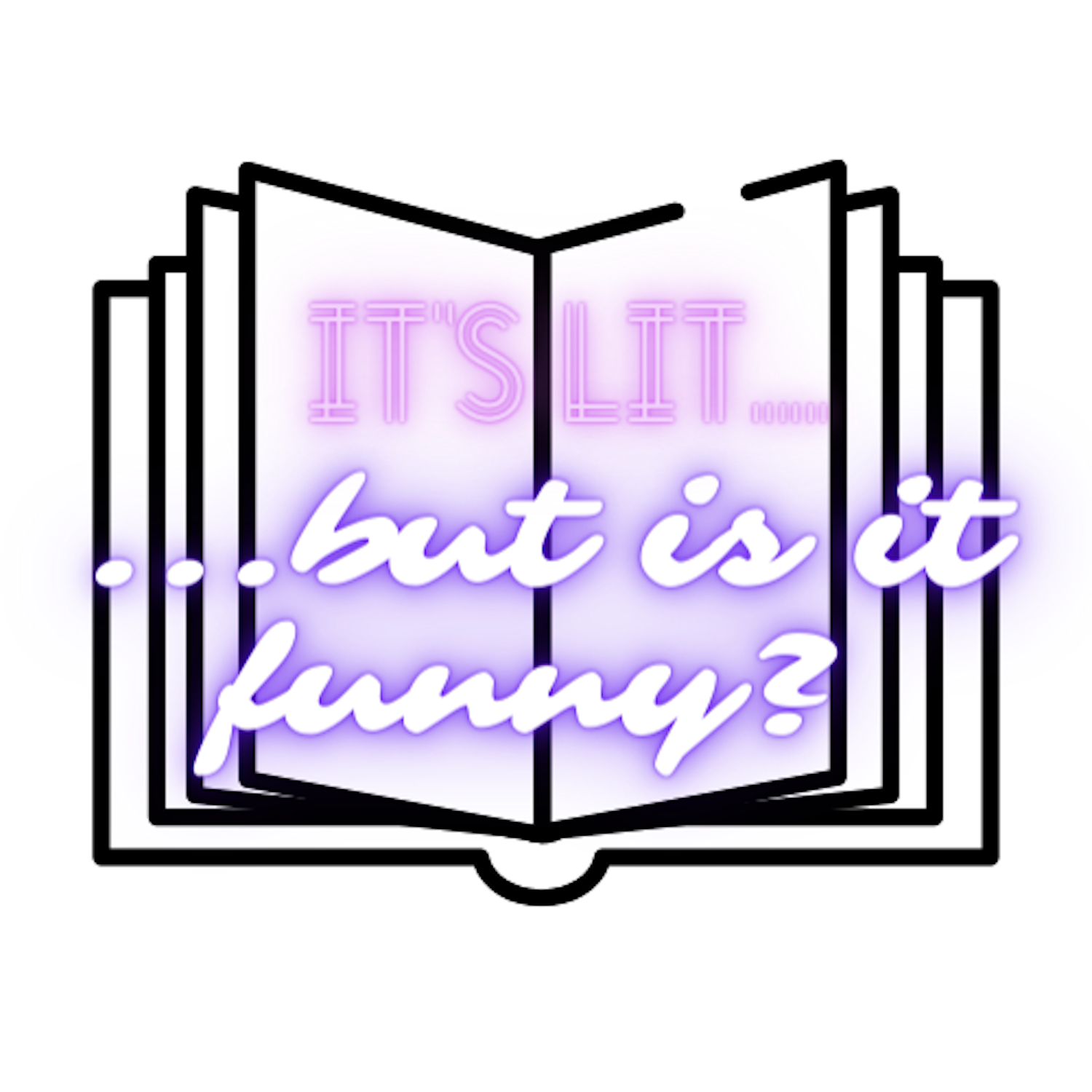- Joined
- Jan 22, 2008
- Messages
- 8,360
Here's me and comedy writer Jon Pinnock discussing Lucky Jim by Kingsley Amis, which was something of an influence on the style, if not the subject, of the Space Captain Smith books. This is the first episode of a set of talks with comedy authors that Jon intends to do. It should be interesting. Lucky Jim hasn't aged perfectly, but it has got some excellent writing.

 www.jonathanpinnock.com
www.jonathanpinnock.com

Podcast - Jonathan Pinnock - Writer of Stuff
It’s Lit But Is It Funny? This is a podcast in which we’re going to take a critical look atContinue readingPodcast
 www.jonathanpinnock.com
www.jonathanpinnock.com

